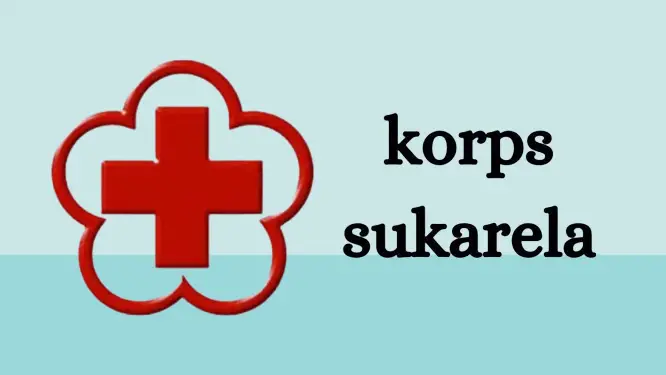
In the vibrant tapestry of Malaysian culture and values, one cannot overlook the integral role played by Korps Sukarela. This volunteer organization, established in 1995, stands as a beacon of community service and disaster relief across the nation. As Malaysians, understanding the essence of Korps Sukarela is akin to embracing a cornerstone of our collective identity.
Table of Contents
ToggleUnveiling Korps Sukarela:
Korps Sukarela, also known as SAR (Search and Rescue), is Malaysia’s volunteer search and rescue organization. Comprising over 3,000 volunteers in 12 branches across 13 states, SAR responds to emergencies and natural disasters, showcasing the Malaysian spirit of unity and goodwill. You also may like to know about Chrisley Knows Best Daughter Dies
Diverse Roles and Responsibilities:
SAR’s multifaceted approach encompasses various roles, from conducting search and rescue operations to providing medical assistance and aiding in disaster relief efforts. Their operations are not only confined to emergencies but extend to community service initiatives, highlighting their commitment to holistic societal well-being.
Operational Dynamics:
The operational dynamics of SAR involve close collaboration with government agencies like the police, fire department, and the National Disaster Management Agency. Activation occurs through a centralized call center, dispatching trained volunteers based on the specific needs of each emergency. Despite the potential dangers, volunteers undergo rigorous training to prepare for high-pressure situations, exemplifying their dedication to community service. You also may like to know about Jeinz Macias
Historical Evolution:
The roots of Korps Sukarela date back to 1953, originally conceived as a voluntary organization focused on disaster relief and civil defense. Over the years, its role expanded to include community services and youth development programs, evolving into a comprehensive force for positive change.
Community Impact:
In the early days, the organization concentrated on emergency response, saving lives during floods, landslides, and building collapses. As it progressed into the 1970s, community-focused programs emerged, ranging from visits to senior citizens to youth recreational activities. The 1980s witnessed the introduction of skills training and leadership programs, shaping confident and civic-minded individuals.
Present-Day Significance:
Today, with over 100,000 volunteers nationwide, Korps Sukarela continues to embody the spirit of volunteerism, impacting communities through emergency response, community service, and youth empowerment. Their legacy spans more than 65 years, fostering responsibility, compassion, and goodwill.
Volunteer Roles:
As a member of Korps Sukarela, volunteers assume crucial roles in disaster relief, community outreach, and administrative duties. In times of natural disasters, volunteers assist in evacuation, search and rescue operations, and the distribution of essential supplies. Beyond emergencies, community service activities include organizing recreational events, tutoring underprivileged children, and supporting senior citizens.
Training Requirements:
Becoming a Korps Sukarela volunteer involves mandatory basic training covering disaster response, first aid, CPR, organizational structure, and core values. Specialization training allows volunteers to focus on areas such as search and rescue, medical assistance, communications, and community education. The challenging yet rewarding training equips volunteers with practical skills for real-world situations.
Joining Korps Sukarela:
Individuals above 18 years old can join Korps Sukarela by registering on their website. The registration process includes providing personal details, selecting the field of volunteering interest, and specifying the preferred location. An interview follows to assess skills and interests, leading to an orientation to familiarize volunteers with the organization’s mission and values. After orientation, volunteers are placed in suitable roles based on their preferences.
Conclusion:
Korps Sukarela stands as a testament to the Malaysian ethos of unity, compassion, and service. Volunteering with this organization provides a unique opportunity to contribute to the community, develop valuable skills, and forge meaningful connections. As Malaysians, embracing the spirit of Korps Sukarela allows us to actively participate in shaping a stronger, kinder, and more resilient society. The call to volunteer beckons, offering a chance to make a positive impact today and for generations to come.
